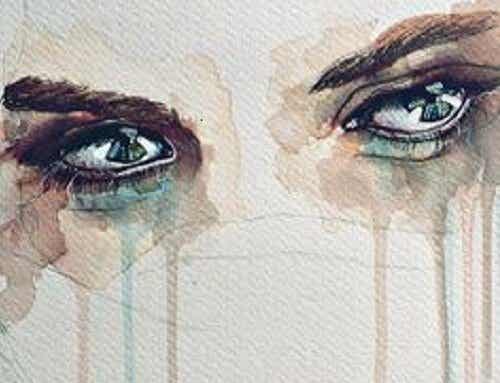
Last update: May 17, 2017
Life is a continuous succession of mourning. Over time, we separate from environments, colleagues, family, friends and partners. Relationships are broken, places are abandoned, phases are concluded. We process mourning.
Some of these experiences can be painful, but the death of a loved one is, of course, the hardest. These are very difficult moments, so much so that you don't know what to do to get out of this spiral of pain. Do not demand anything, do not rush to find solutions and answers. There are no written rules on what is correct to do when an important and intimate bond is lost. As humans, we need time to heal emotionally. This is precisely one of the main functions of mourning.
Some people around you will try to define what can help you the most, even you yourself may be pressuring yourself or being very confused. "Do not enter her house", "You should avoid returning to that place", "You must give away her things", "Do not torture yourself by looking at her photos."
Decide for yourself, do not avoid the moments or situations that you feel you have to live, because this will cause more suffering in the long run. Do and say everything you need and want. Making a mistake in saying something doesn't hurt like not saying things. Even if pain invades you: decide for yourself.
There are deaths that may have a greater impact than others, for example if you think it could have been avoided, if you believe that the person has suffered, if we lack the necessary information, if the person died after a long illness or perhaps because of the way we got the news. Many people report that they feel better the first few days than the following months. It is a completely normal reaction and it has a protective function. The initial state of shock is a mental defense that protects us from devastating pain.
Sometimes the initial shock within the grieving process is followed by fear, anguish, panic, agitation, anger, confusion. The thought is chaotic, we cannot concentrate on anything, what has happened has not yet been assimilated and we imagine it to be a nightmare.


























